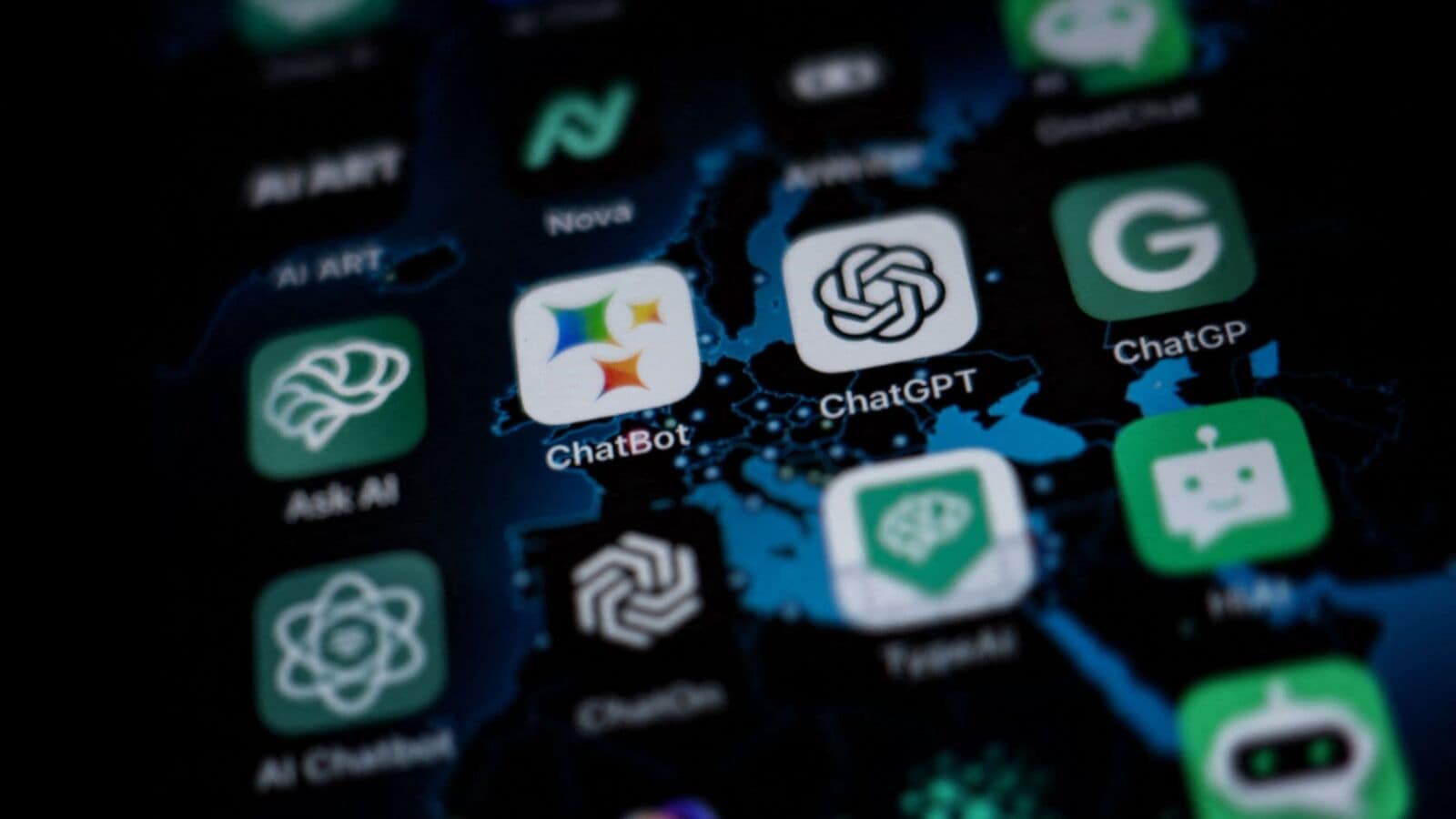New Delhi: Sarvam and Adya.ai are two of India’s startups targeting the red-hot generative AI market, but they are also part of a new generation of companies looking beyond big language models like ChatGPT. The reason: industry-specific applications are easier to monetize and help avoid competition with AI giants.
For Sarvam, which aims to become a full-stack generative AI company, the approach is two-fold. The startup, which raised $41 million in its first round of funding from venture capital firms Lightspeed and Peak XV last year, is building large language models (LLMs) capable of understanding and processing human languages. It then uses these LLMs to create marketable products like “agents” that are trained on domain-specific datasets, gaining expertise in fields like healthcare, financial services and law.
“In the healthcare field, for example, a generative AI assistant can offer neonatal advice to pregnant women at a cost of around ₹1—No physical doctor’s time can be made that affordable,” Pratyush Kumar, co-founder of Sarvam and adjunct professor at the Indian Institute of Technology (IIT) Madras, told Mint last month. “Instead of taking away clientele from doctors in India, these domain-specific AI models can make healthcare more accessible to a wide population base.”
The approach that Sarvam, Adya.ai and some of their colleagues are taking marks a sobering shift after an initial AI euphoria to creating general-purpose generative AI models. Competing with Microsoft-owned OpenAI’s ChatGPT or Google’s Gemini will not only be expensive but difficult given the head start they have. AI applications that solve smaller problems offer a better chance of success.
“It is important for startups to solve specific, concrete problems,” said Ankush Sabharwal, co-founder of CoRover, which created BharatGPT. “Even in healthcare, the nature of services required for metro markets is different from those in villages. So, taking a domain-specific AI model approach is key; building ‘India-centric’ models is also too big and Big Tech is too big a competitor for that.”
Adya.ai, which raised $1.2 million in a pre-Series A funding round from the Indian Angel Network collective, is training its models to enable e-commerce and retail businesses to function as customer service agents, said Shayak Mazumder, the startup’s chief executive. “This is just the first domain we are targeting and we will expand to more domains in the future.”
According to Kashyap Kompella, technology analyst and founder of technology consultancy RPA2AI, creating domain-specific AI applications and submodels for enterprises “is the sweet spot between development costs, market opportunities, and monetization approaches.”
He cited parallels with the evolution of the IT industry, where several companies have developed deep expertise in applications deployed on platforms such as SAP and Salesforce. “The reason for this is that enterprise applications on such platforms are difficult to develop, require hiring experienced talent, and are long-term projects,” he said. “The story is somewhat similar for generative AI.”
This approach is helping early-stage Indian startups generate revenue from their generative AI projects. CoRover, for example, expects annual revenue to approach $5 million by fiscal 2025. Both Sarvam and Adya.ai also have paying enterprise customers.
New LLM-based generative AI applications are seen as a natural evolution of early versions of chat automation. Startups like Bengaluru-based Yellow.ai and Pune-based E42.ai have been developing conversational agents for over five years. Using generative AI, companies like Sarvam and CoRover offer more interactive and less expensive AI agents in local Indian languages, which can help businesses expand customer support to multiple languages.
However, building industry-specific solutions has its own challenges. CoRover’s Sabharwal said, “We don’t have enough domain-specific data for each and every domain.” “So, we are running a platform where enterprise customers can choose from BharatGPT, OpenAI’s GPT family, and Google’s Gemini as base models, and build virtual assistants based on any model they find suitable. The data for the specific domain is provided by the customer.” itself.”
According to Kumar of Sarvam, while there is a lack of data, especially in Indic languages, the problem also has a solution. “There are several publicly accessible data sources that we use to collect data and run AI models. The cost of running domain-specific AI models is not the issue,” he said. “The only problem is that this will take some time to mature and be fully deployable within domains with ever-shrinking margins of error.”
Disclaimer:
The information contained in this post is for general information purposes only. We make no representations or warranties of any kind, express or implied, about the completeness, accuracy, reliability, suitability or availability with respect to the website or the information, products, services, or related graphics contained on the post for any purpose.
We respect the intellectual property rights of content creators. If you are the owner of any material featured on our website and have concerns about its use, please contact us. We are committed to addressing any copyright issues promptly and will remove any material within 2 days of receiving a request from the rightful owner.

